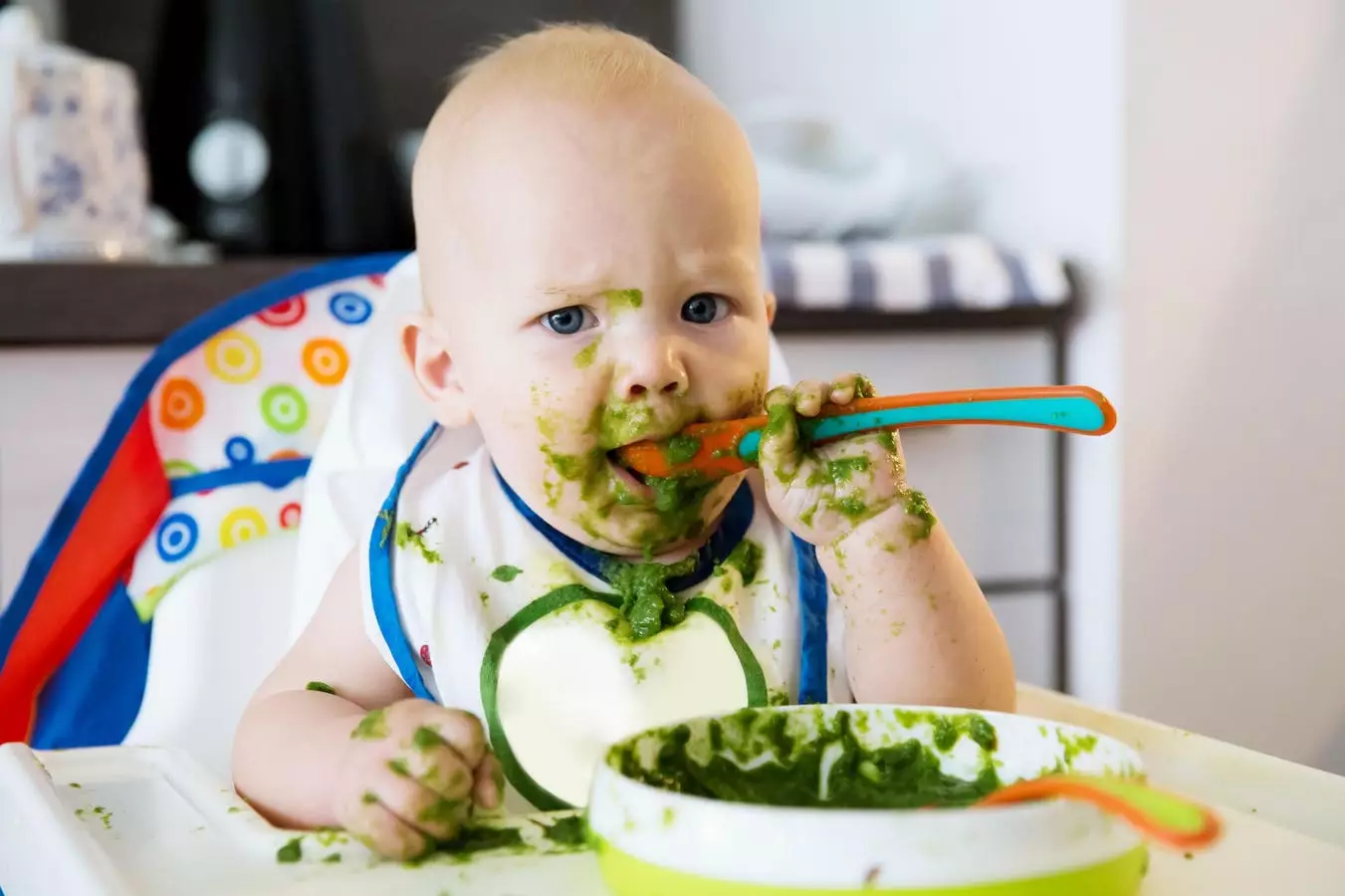As we stand on the threshold of a new era, we prepare to welcome Generation Beta, comprising infants born in 2025 and beyond. These kids will inhabit a world vastly different from that of their predecessors. Instead of traditional family dinners, imagine a landscape dominated by 3D-printed meals, vertical farms sprouting in urban centers, and AI-driven nutrition suggestions that personalize dietary choices for health and efficiency. This generation’s unique food culture will emerge from the confluence of climate awareness, cutting-edge technology, and an increasingly interconnected global society. However, the essence of Generation Beta transcends simple trends; it encapsulates a profound shift in how food is viewed, produced, and consumed.
Central to understanding Generation Beta is recognizing the values of the generations preceding them—Millennials and Generation Z. These two groups, already steeped in principles of environmentalism, health consciousness, and inclusivity, are stepping into roles as parents. They will pass on their culinary philosophies, which prioritize sustainability, waste reduction, and the joy of cooking at home. The emphasis on plant-based diets and holistic wellness among Millennials and Gen Z will likely become foundational in shaping Beta’s food narrative.
However, the implications of this culinary evolution extend beyond mere dietary preferences. The adaptability that these parents teach their children will be crucial in a world where climate change shapes agricultural practices and food availability. Generation Beta will need to navigate challenges in a food landscape renegotiated by environmental instability, seeing food not only as sustenance but also as a solution to global crises. The education they receive around food will be intricately linked to understanding broader societal issues, creating a generation that is as proactive about food security as they are about nutrition.
Generation Beta will grow up immersed in technologies that redefine culinary practices, marking a stark departure from anything previous generations experienced. AI-driven meal planning and kitchens equipped with robots will be commonplace, offering efficiency that’s unimaginable in today’s culinary world. This technological shift will also significantly reshape how they perceive and learn about food. Picture children exploring the history of their iconic dishes through interactive and engaging mediums, or learning how to cultivate their mini vegetable gardens using smart technology.
The tech-savvy nature of Beta will create a sphere in which cooking is not merely practical but also a form of entertainment and education. Social media platforms, particularly ephemeral ones like TikTok, will influence the dynamics of food culture, allowing dishes to rise and fall in popularity at an astonishing speed. As food becomes increasingly shared and consumed through digital lenses, Generation Beta will develop a unique relationship with culinary traditions, merging visual storytelling with gastronomic exploration.
One of the most exciting facets of Generation Beta’s food culture is the dissolution of traditional culinary barriers. With global interconnectedness at their fingertips, these children will perceive food as a communal experience rather than a strictly geographical one. Instant access to global cuisines will allow them to partake in a vast array of flavors and cooking techniques, fostering a broader appreciation for diversity.
Platforms like Instagram and TikTok have already transformed food into a collective experience, where visual presentation and social engagement define culinary trends. As they consume content that emphasizes the fusion of various cultural cuisines, Generation Beta will likely cultivate a richer understanding of food as an expression of cultural dialogue rather than mere consumption. This shift has implications for how they respect and celebrate different culinary traditions, creating a future where food storytelling becomes a medium for connection and mutual appreciation.
Ultimately, the food culture that emerges with Generation Beta will be rooted in the choices we make today. The landscape of their culinary experiences will reflect a tapestry woven with the threads of sustainability, technology, and global diversity. Yet, while elders can set the stage, it is upon Generation Beta to infuse this foundation with their creativity and personal experiences. How will they innovate upon today’s sustainability narratives, or how will they adapt technology to suit their culinary needs?
As we observe this impending transformation, it is essential to remember that food is as much a mirror of societal values as it is a vessel of tradition. The culinary identity that Generation Beta carves out for themselves will be a response to both inherited values and their contemporary realities. As the foundations solidify, it becomes clear that the choices we champion now will leave a lasting imprint on how the next generation engages with food. Ultimately, the appetite for culinary evolution will reflect not only who they are but also who we are as a society.


Leave a Reply